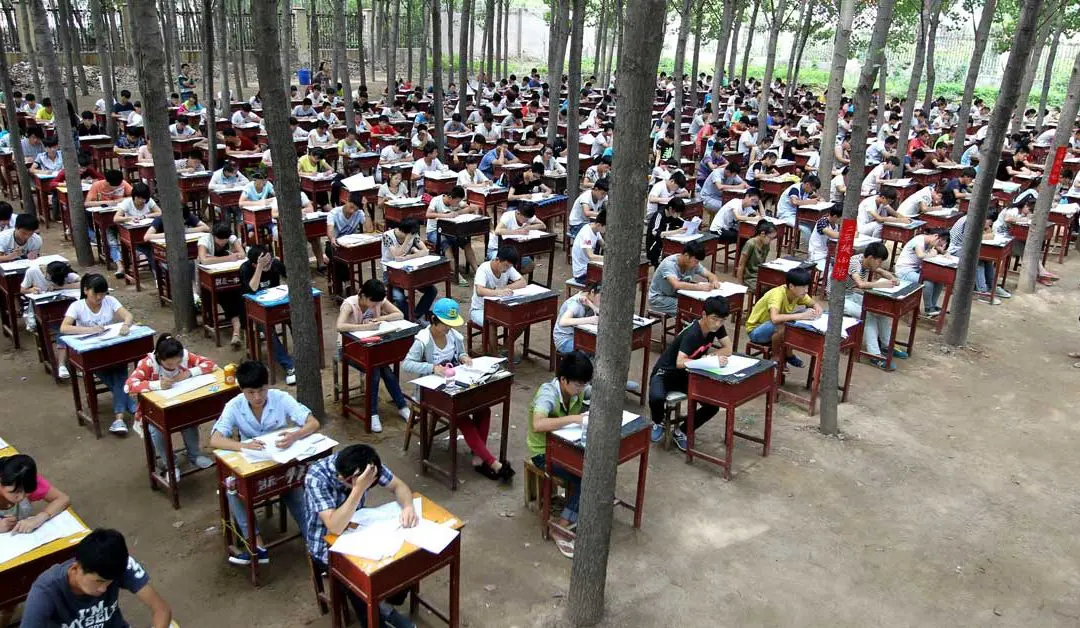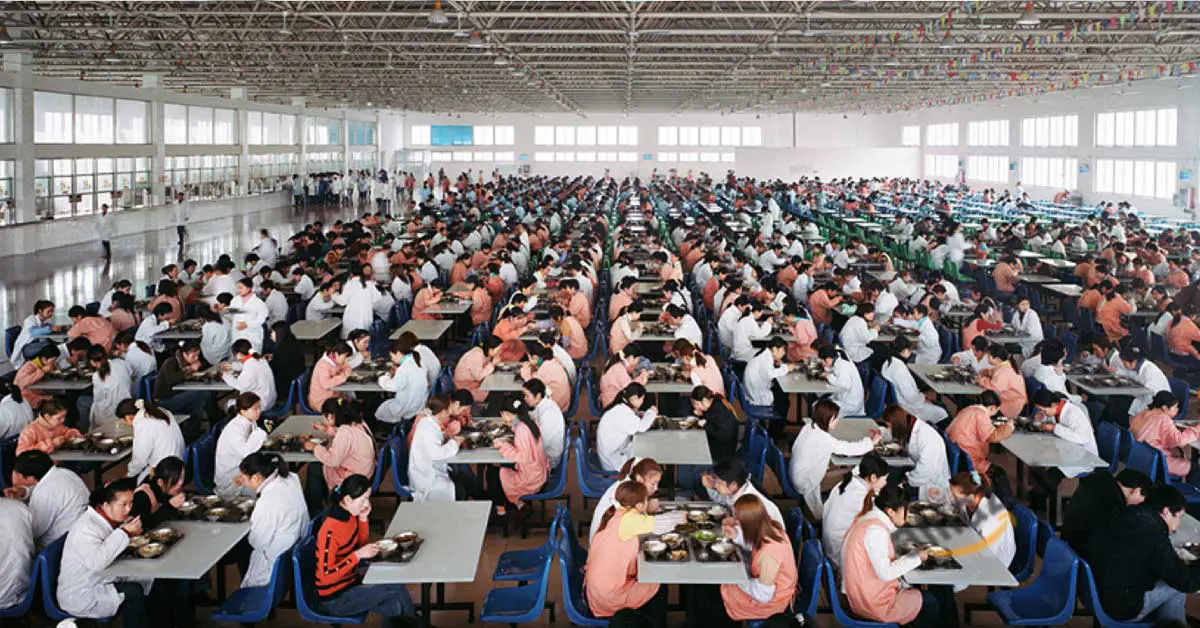Food culture is an integral part of Chinese mentality
Mealtime is one of the most important activities in Chinese everyday life. A Chinese person can’t do his work properly without a regular substantial lunch
The Chinese tend to wake up early, and by 8 AM they are usually at work already. Chinese laws provide for the 8-hour workday, but in practice it often lasts 2-3 hours longer.
Apart from work, one of the most important activities in Chinese everyday life is mealtime. For Chinese people it is very important to have substantial meals at regular periods of time. Breakfast time is not that important, but lunch traditionally lasts from noon to 2pm, and dinner – from 6 to 8 pm, no matter what.
The Chinese believe, that disrupting this schedule will have a negative impact on their health and working capacity. A Chinese person can’t do his work properly without a regular substantial lunch and a rest. A lot of people prefer to have a nap straight after lunch. Some companies even have special recreation rooms for this, in others employees sleep right at their working places.
Surely, not every Chinese person necessarily follows this pattern, but it is very widespread, nonetheless.
As already mentioned, this Chinese siesta generally lasts from noon to 2pm. It is better not to plan any business meetings, negotiations or factory visits during this time. In exceptional cases the Chinese can skip their lunch break, but it would be very uncomfortable for them. Such disruption to their daily routine would have a negative effect on their emotional state and would make them feel ill at ease for the rest of the day.
More topics about Chinese mentality

“Cha bu duo” mindset in China
“Cha bu duo” - the key trait of Chinese mentality There is a Chinese expression “Cha bu duo” (差不多), which can be translated as “almost the same” or “good enough”. The “Cha bu duo” concept is one of distinctive traits of Chinese mentality. It basically implies cutting...

Why only a handful of people in China speak English?
Why is English so hard for the Chinese? About 300 million people in China are learning English, but only a handful of them are able to speak it In modern Chinese society learning the English language is a top priority. According to the official statistics, about 300...

“Shanzhai” – Chinese copycat culture
How China’s copycats became some of the most innovative brands “Shanzhai” means a business model based on producing fake or pirated products, that has earned China the reputation of being a “copycat nation” Chinese companies are known for copying market-proven...


